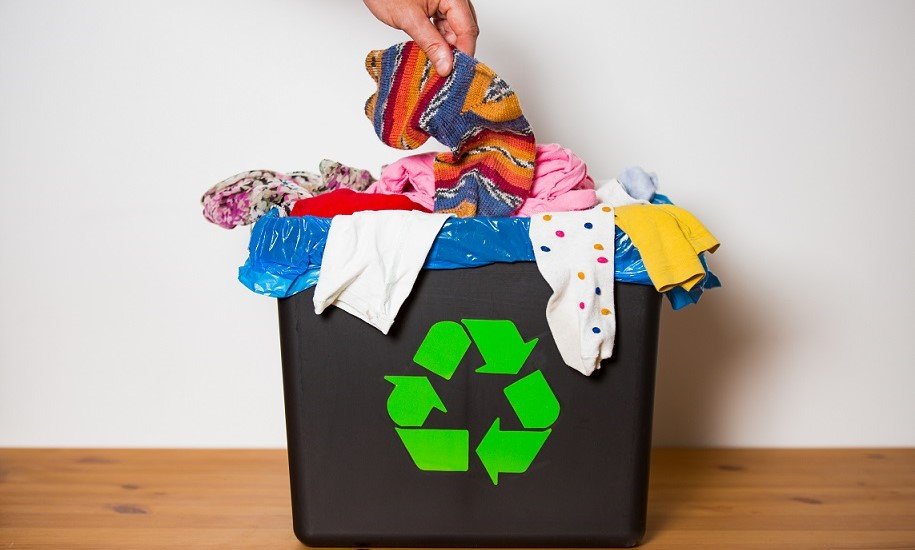On March 31, 2022, the National Development and Reform Commission, the Ministry of Commerce and the Ministry of Industry and Information Technology of China jointly released the “Implementing opinions on accelerating the recycling of waste textiles” (FGHZ [2022] No.526, hereafter referred as “Opinions”). The Opinions was promulgated to further promote the recycling of waste textiles and to establish an industrial system for resource recycling and a recycling system for wastes. The Opinions indicates the phased goals for increasing the recycling rate of waste textiles to 25% and 30% by 2025 and 2030 respectively, as well as the main tasks to achieve these goals.
Main goals
- By 2025, a basic recycling system of waste textiles will be established, and the recycling capability will be increased significantly. Specifically, the recycling rate of waste textiles will be increased to 25%, and the production of recycled fiber derived from waste textiles will reach to 2 million tons.
- By 2030, a well-developed waste textile recycling system will be established, and the awareness of textile recycling among producers and consumers, as well as the recycling capacity of the industry will be increased. Specifically, the recycling rate of waste textiles will be increased to 30%, and the production of recycled fiber derived from waste textiles will reach to 3 million tons.
Main tasks
- Promote the green design (design that takes environment protection into consideration) in textiles: Promote textile enterprises to carry out green design to improve the convenience in the disassembly, classification and collection of waste textiles.
- Promote the use of green fibers (fibers that takes environment protection into consideration): Encourage textile enterprises to give priority to the use of green fibers, strengthen the development of systems for standards, certification and labeling of the green products, and increase the proportion of alternative use of recycled fibers.
- Strengthen the social responsibility of textile producers: Promote the application of “China Social Responsibility Management System for Textile and Apparel Sector” (CSC9000T) in enterprises.
- Improve the recycling network: Promote the installation of recycling boxes or related facilities for waste textiles and increase the installation rate of recycling boxes.
- Broaden recycling channels: Develop textile recycling channels, such as carrying out recycling via internet, and recycling waste textiles through waste separation.
- Strengthen recycling management: Strictly crack down on illegal behaviors by recycling enterprises, such as illegal landfilling and burning.
- Standardize recycling: Formulate norms such as standards, technical specifications, epidemic prevention requirements, and market trade control norms for cleaning and disinfecting of waste clothing.
- Promote the development of recycling industry: Promote the use of recycled products from waste textile in the fields such as construction materials, automobile interior decoration and agriculture, and the use of non-recyclable waste textile products as fuel and etc.
- Implement key breakthroughs in uniform recycling: Take waste military uniforms, police uniforms, school uniforms as a pilot program to make key breakthroughs in green design and the use of green fibers.
- Improve standards and specifications: Revise current standards and specifications such as “Measures for fiber product quality supervision and management”, “Code of conduct for the quality of reprocessed fiber”, “General technical requirements for products with filling materials”, and set standards for recycling, disinfection, classification and comprehensive utilization of waste textile products.
- Strengthen technological innovations: Strengthen the research on key recycling technologies such as fiber identification, high-speed classification, and separation of mixed materials.
- Strengthen policy support: Implement policies such as tax incentives for waste textile businesses.
For the original text of the Opinions, please refer to the following URL (in Simplified Chinese).
https://www.ndrc.gov.cn/xxgk/zcfb/tz/202204/t20220411_1321822.html?code=&state=123
 China released the “Implementing opinions on accelerating the recycling of waste textiles”
China released the “Implementing opinions on accelerating the recycling of waste textiles” 

























